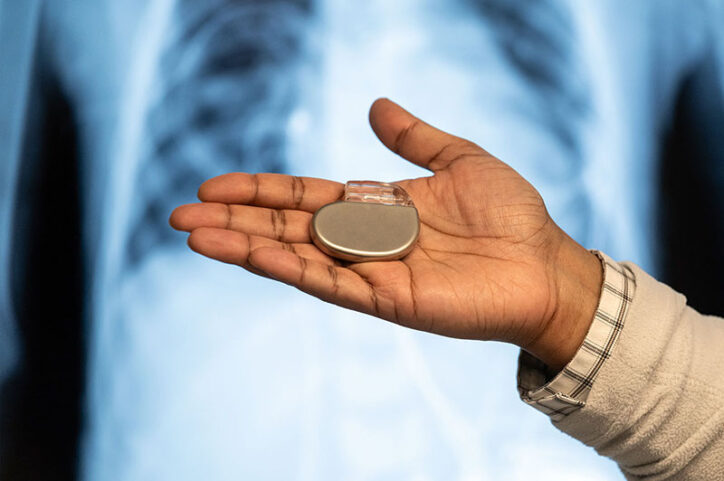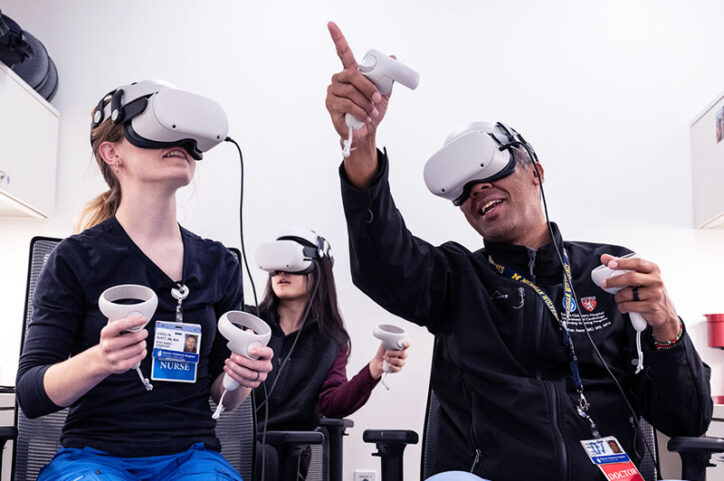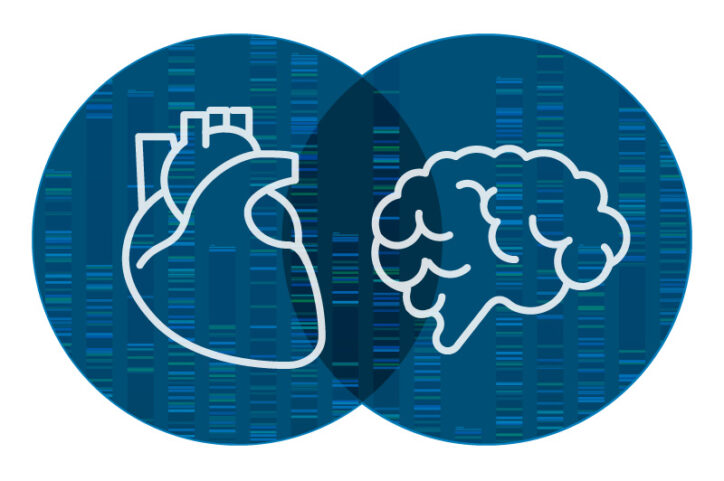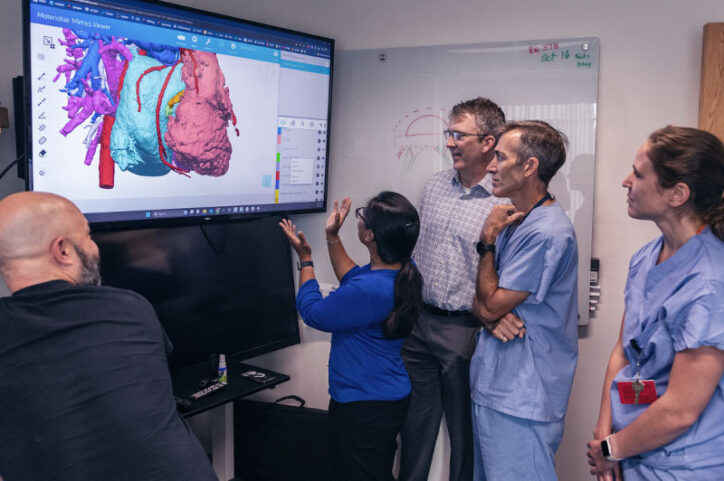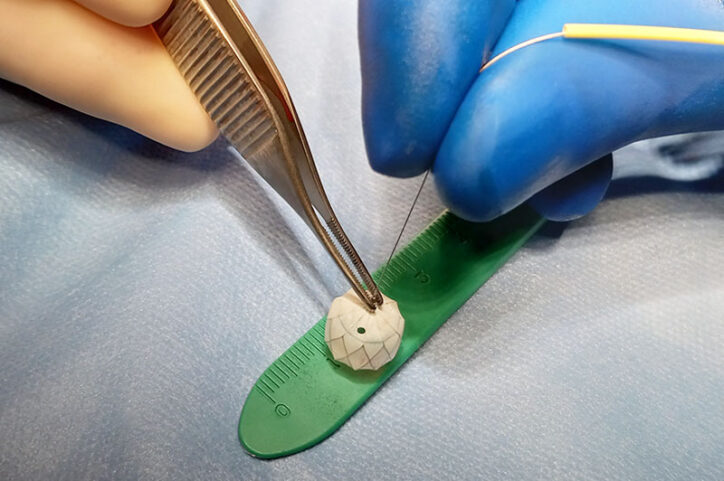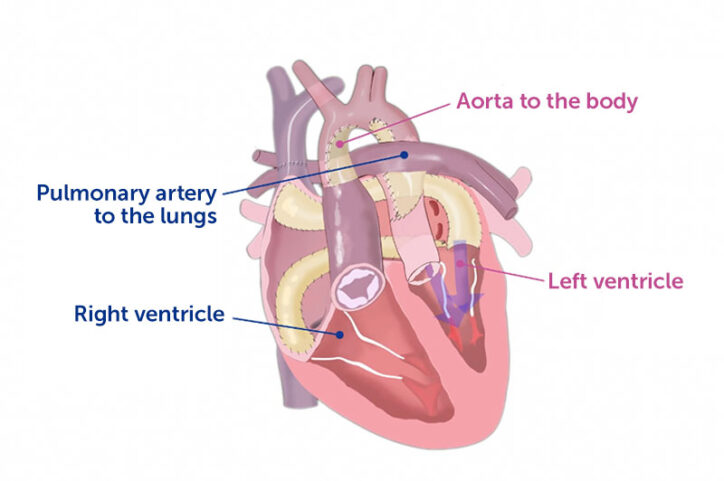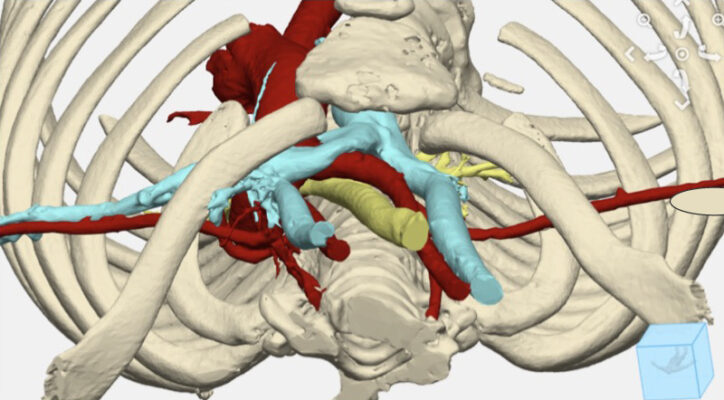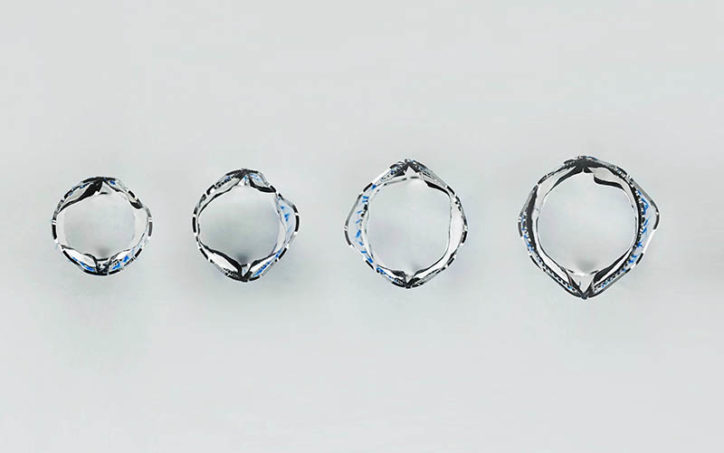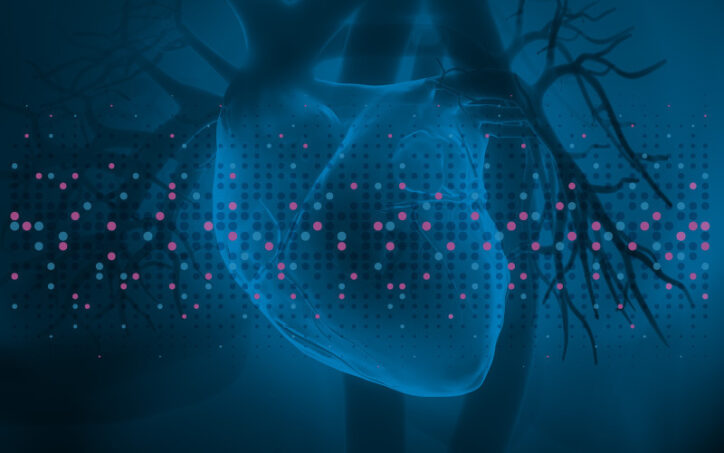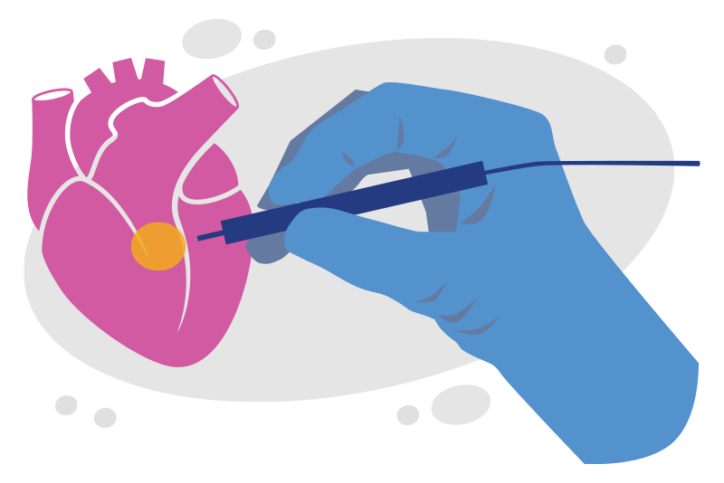Archive for cardiac research
Finding ways to reduce the financial and social costs of pacemakers
As the number of complex heart operations has increased over the years, so have cases of postoperative heart block, a form of arrhythmia that often requires a pacemaker and more surgery. Heart block occurs when unseen conduction tissue — the cells and electrical signals that control the beating of a heart — is injured. It is a ... Read More about Finding ways to reduce the financial and social costs of pacemakers
Helping aspiring clinicians understand a virtual heart before they work with a real one
Jonathan Awori, MD, MS, MFA, isn’t embarrassed to say it took him a long time to completely understand the intricate workings of the heart. He says he isn’t alone; many aspiring doctors and nurses don’t immediately grasp the heart’s complexity from two-dimensional textbooks or even 3D-printed models. Now that he’s a pediatric cardiology fellow at ... Read More about Helping aspiring clinicians understand a virtual heart before they work with a real one
Research aims to pinpoint genetic connection between autism and heart disease
Cardiology and neurodevelopmental researchers have more questions than answers about the possible genetic links between congenital heart disease (CHD) and autism spectrum disorder (ASD). A study that’s underway at Boston Children’s aims to pin down those elusive answers by taking a close look at the genetics of children with neurodevelopment and cardiovascular conditions. The researchers want to see ... Read More about Research aims to pinpoint genetic connection between autism and heart disease
From aerospace to the OR: 3D modeling improves surgical planning by revealing details of patients’ hearts
One of the most important tools for complex heart surgeries at Boston Children’s isn’t even in the operating room. For years, heart surgeons couldn’t see the complete extent of a patient’s condition until a procedure started, forcing them to rely on experience, diagnostic imaging, and other information to plan surgery. Now, 3D modeling allows them ... Read More about From aerospace to the OR: 3D modeling improves surgical planning by revealing details of patients’ hearts
Finding a way to help newborns who can’t immediately have heart treatment
Newborns with complex congenital heart defects (CHD) and pulmonary overcirculation often need treatment as soon as possible. Unfortunately, some of these children are not in good enough health to withstand surgery. To address this challenge, Boston Children’s heart specialists leaned into technological innovation, their experience, and a perseverance that would ultimately confirm their belief that even the ... Read More about Finding a way to help newborns who can’t immediately have heart treatment
Experience and innovation create a safer type of heart surgery
The Eureka moment came the day before heart surgery. Easton Schlein wasn’t an ideal candidate for a full-scale surgical repair of an underdeveloped left ventricle. But his cardiac surgeons weren’t satisfied that they instead had to use the Fontan procedure, the only other option for that condition, but one associated with long-term liver complications. Reviewing ... Read More about Experience and innovation create a safer type of heart surgery
Reconstructing a chest wall, one virtual step at a time
It takes a village of clinicians and engineers to reconstruct a chest wall. It also takes a lot of 3D modeling. A young girl needed to have her chest wall restructured to stop life-threatening airway obstruction. To ensure the complicated operation would be efficient, Emily Eickhoff, a Boston Children’s biomedical engineer, partnered with a team ... Read More about Reconstructing a chest wall, one virtual step at a time
A heart valve that grows along with a child could reduce invasive surgeries
Clinical trials have started for the first prosthetic pulmonary valve replacement that is specifically designed for pediatric patients and can expand over time inside a child’s anatomy. Instead of having invasive replacement surgeries every few years, as is the practice now, a child can have the valve fitted to their individual body size and, if ... Read More about A heart valve that grows along with a child could reduce invasive surgeries
A new view of heart health: Mutations accumulate in the heart starting in childhood
Why do so many people get heart disease when they get older? We know that factors like high blood pressure or high cholesterol contribute to heart disease risk, but they don’t explain all cases. A first-of-its-kind study from Boston Children’s Hospital offers a new lens on heart health. It shows that the cells of our ... Read More about A new view of heart health: Mutations accumulate in the heart starting in childhood
Tagged: cardiac research, genetics and genomics, heart, heart center
A new lens on cardiac surgery could help prevent arrhythmia
Sometimes, a change in perspective can lead to a medical breakthrough. A type of microscopy typically used to detect cancer and other diseases has been adapted to reveal the location of unseen conduction tissue around the heart. The Boston Children’s clinician behind this innovation now aims to prove the safety and effectiveness of fiber-optic confocal ... Read More about A new lens on cardiac surgery could help prevent arrhythmia


